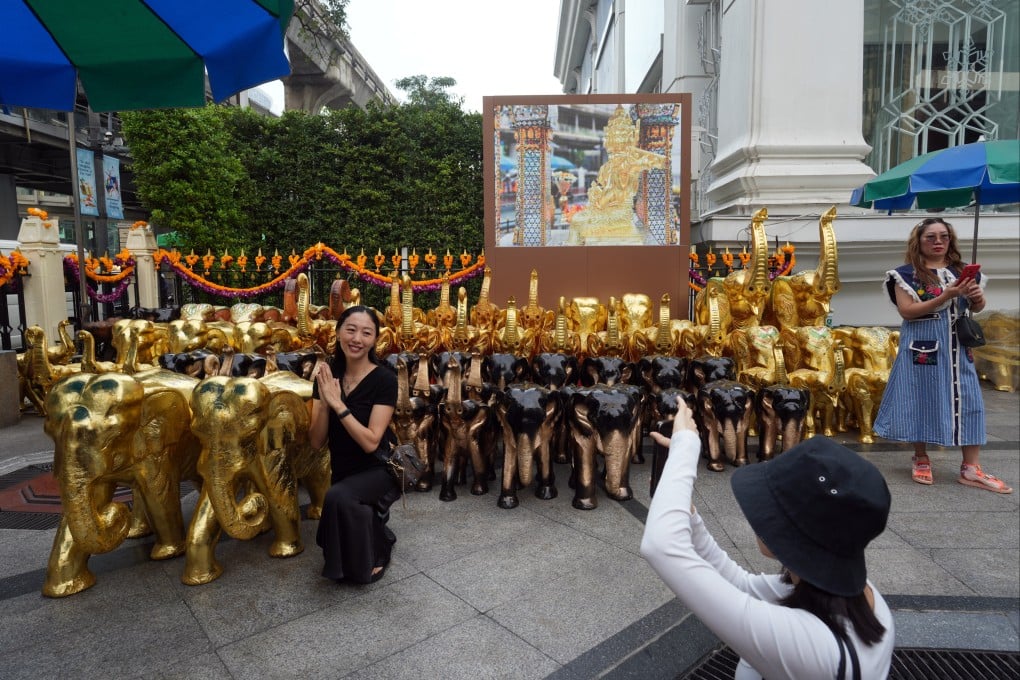My Take | Why Thailand’s soft power splash is out of step with reality
Move to promote soft power at odds with perceptions that Thailand is not doing enough to tackle scam centres along Thai-Myanmar border

Thailand’s launch of a soft power initiative this week is commendable, but its timing clashes with widespread perceptions – especially among the Chinese – that Bangkok has not done enough to tackle the growing problem of scam centres in its region.
On Monday, Thailand’s Prime Minister Paetongtarn Shinawatra said her government had established the National Soft Power Strategy Committee, with the task of promoting 13 key industries.
These range from tourism, food, film and fashion to festivals, music, art, literature and the performing arts.
The Thai prime minister rightly pointed out that soft power not only strengthened global presence, but also created jobs, attracts investment and expands economic influence.

The move came on the heels of Bangkok’s attempts to promote Thai cooking during Paetongtarn’s recent visit to Davos to attend the World Economic Forum and the news this week that Thailand leapt to 39th in the 2025 Global Soft Power Index.
